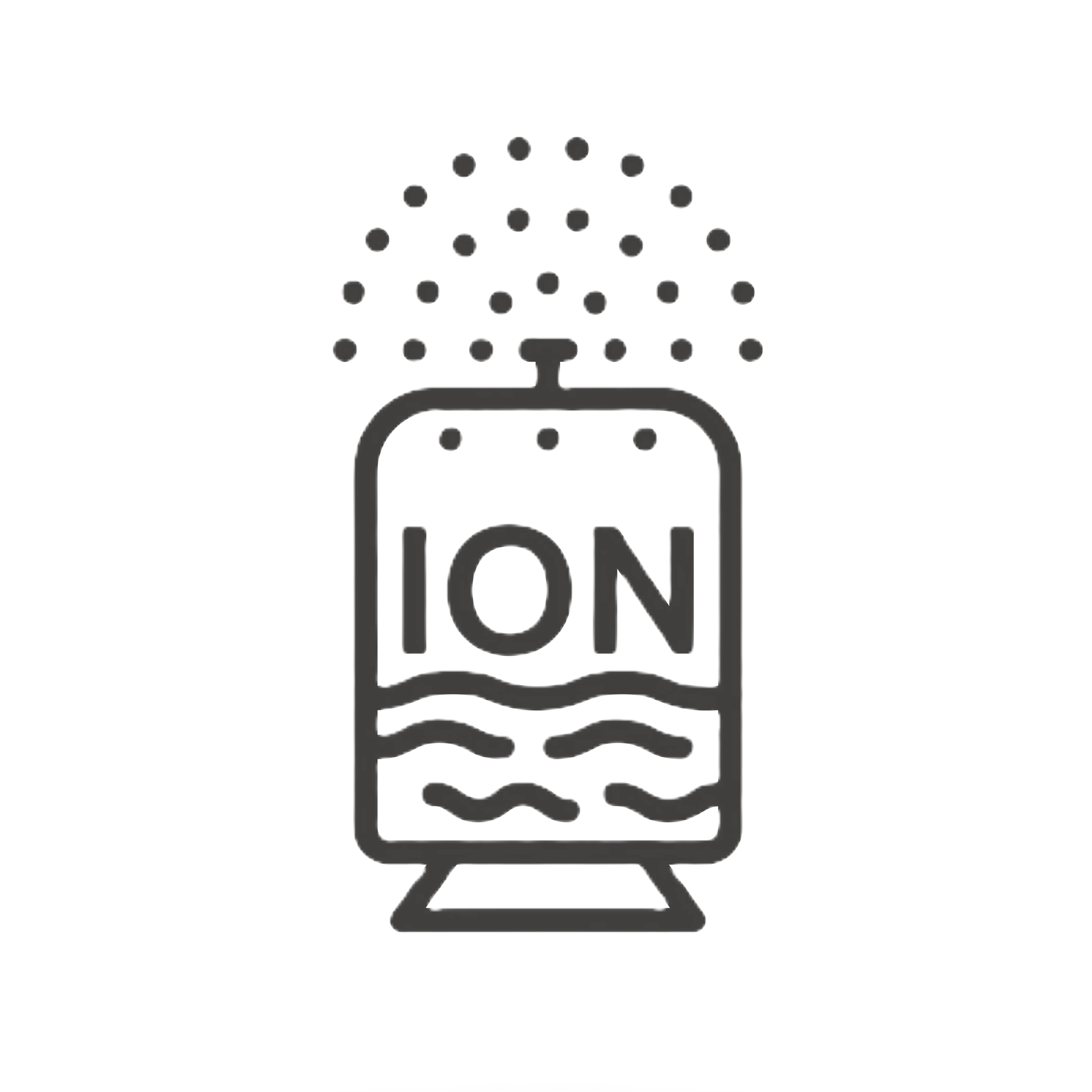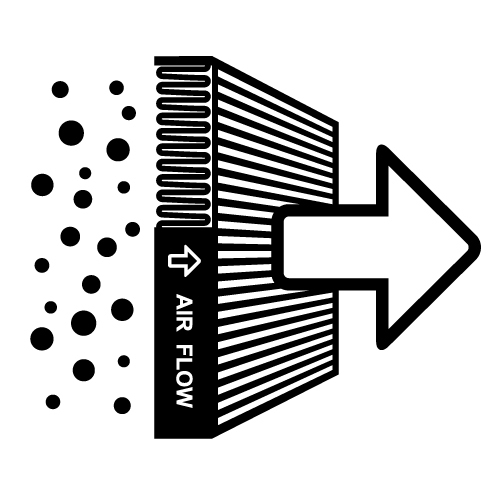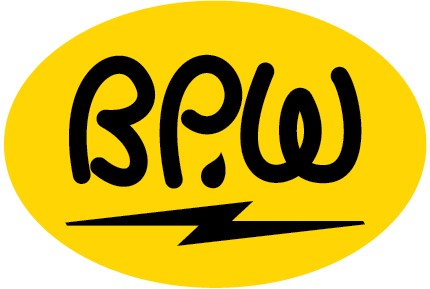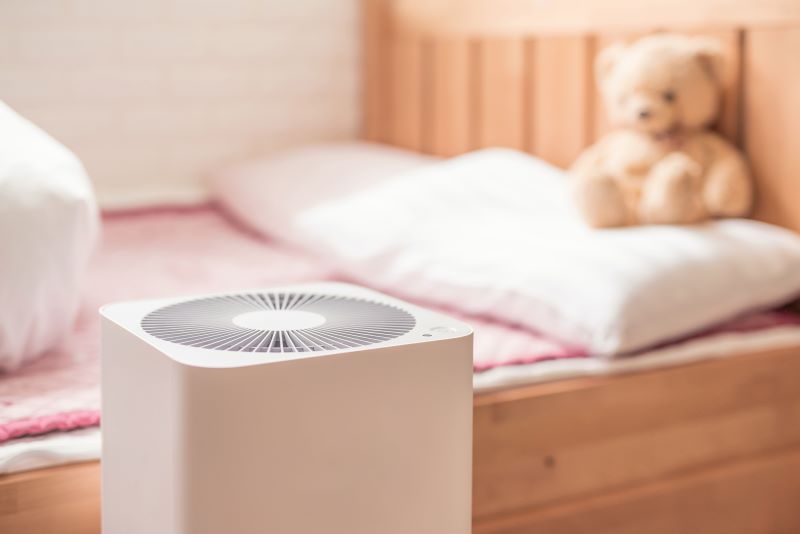Clean Home Air
According to the Environmental Protection Agency (EPA), indoor air is often more polluted than outdoor air, and contains many harmful particles that cannot be seen with the naked eye. Air purifiers clean home air, and are most useful when polluting sources are controlled, and in a building with proper ventilation.
Benefits of Air Purifiers
Remove harmful pollutants like allergens, odors, smoke, dust, pet dander, and other particulate matter. Items such as mattresses, treated wood furniture, gas stoves, fireplaces, space heaters, cleaning chemicals, and aerosol products release harmful gases that air purifiers can help remove.
Reduce indoor air pollutants including viruses. When used with other best practices, filtration can help protect people indoors from seasonal viruses such as flu, RSV and COVID-19.
Purifiers with high efficiency particulate air (HEPA) filters trap particles that a vacuum would recirculate into home air.
Reduce the impact for individuals who specifically suffer from allergies, asthma, or second hand smoke.
Types of Air Purifiers

Active Purifiers
Active air purifiers use ionization, which happens outside of the purifier. They emit a stream of negatively charged ions, which bind to the allergens and other particles present in the air, making them heavy enough to fall to the ground. These particles can then be vacuumed or swept up with a broom.

Passive Purifiers
Passive purifiers use filters located inside the purifier to permanently remove all dust and particulate matter. Passive purifiers can be cleaned regularly by hand, or else need to be replaced every few months or years.
How They Work
Common portable air purifiers come in a variety of speeds, shapes and sizes, and have different styles of timers and indicator lights. The size of an air purifier should be matched to the room size.
High Efficiency Particulate Air (HEPA) filters trap 99.97% of airborne particles larger than 0.3 microns. A micron is the unit used to measure the size of air particles; each micron is equivalent to 1/25,400 of an inch! A room air conditioning filter only traps particles that are 10.0 microns or larger.
A HEPA filter is a type of mechanical air filter made of fine mesh glass fibers. As unfiltered air flows through the filter, particles are trapped in the fibers.
Some air purifiers have a medical grade UV light system that can kill viruses, bacteria and fungi. UV light also keeps bacteria and viruses from contaminating the HEPA filter.
Air purifiers should run constantly to be most effective. Purchase an ENERGY STAR® certified air purifier for optimal energy efficiency.


